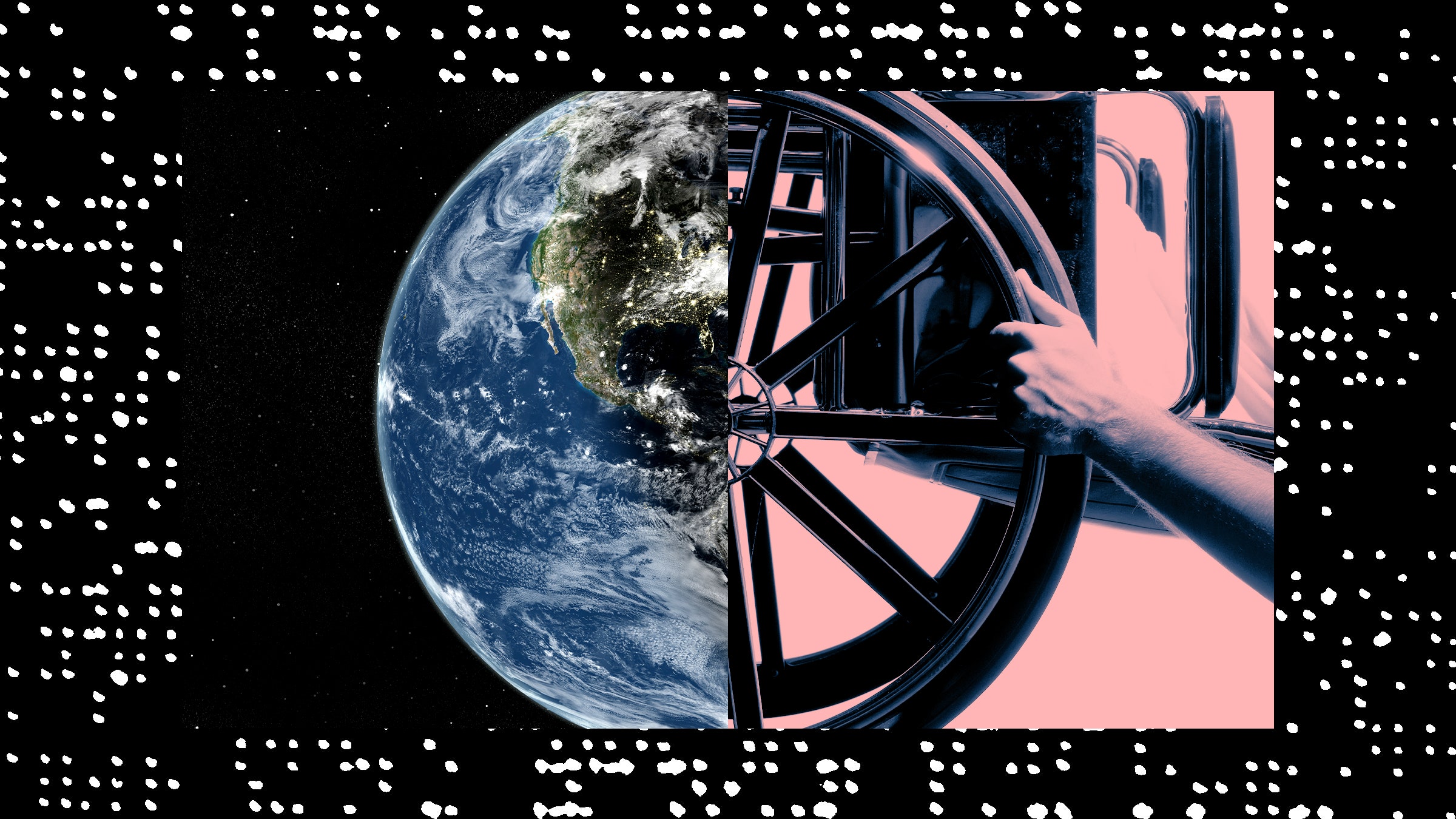Why Aren’t Disabled Astronauts Exploring Space?
Space exploration has long been seen as the final frontier, a place where humanity can push the boundaries of what is possible and discover new worlds. However, despite advancements in technology and a growing interest in space travel, disabled individuals are often left out of the conversation when it comes to becoming astronauts.
One of the main reasons that disabled astronauts are not currently exploring space is the strict physical requirements that are often imposed on those who wish to become astronauts. These requirements include things like perfect vision, lack of chronic illness, and a certain level of physical fitness. While these requirements are important for ensuring the safety of astronauts during their missions, they can also act as barriers for individuals with disabilities.
Another factor that may be contributing to the lack of disabled astronauts in space exploration is a lack of representation and opportunities for individuals with disabilities in the field. Without visible role models and pathways for disabled individuals to pursue careers in space exploration, it can be difficult for them to see themselves as potential astronauts.
However, there are steps being taken to address these issues and make space exploration more inclusive. Organizations like the European Space Agency have made efforts to increase diversity among their astronauts, including actively recruiting individuals with disabilities. Additionally, advancements in technology, such as the development of exoskeletons and other assistive devices, may help to make space travel more accessible for individuals with disabilities in the future.
Ultimately, the question of why disabled astronauts are not currently exploring space is a complex one, with a variety of factors at play. However, as the field of space exploration continues to evolve and become more diverse, there is hope that individuals of all abilities will one day have the opportunity to travel to the stars and beyond.
